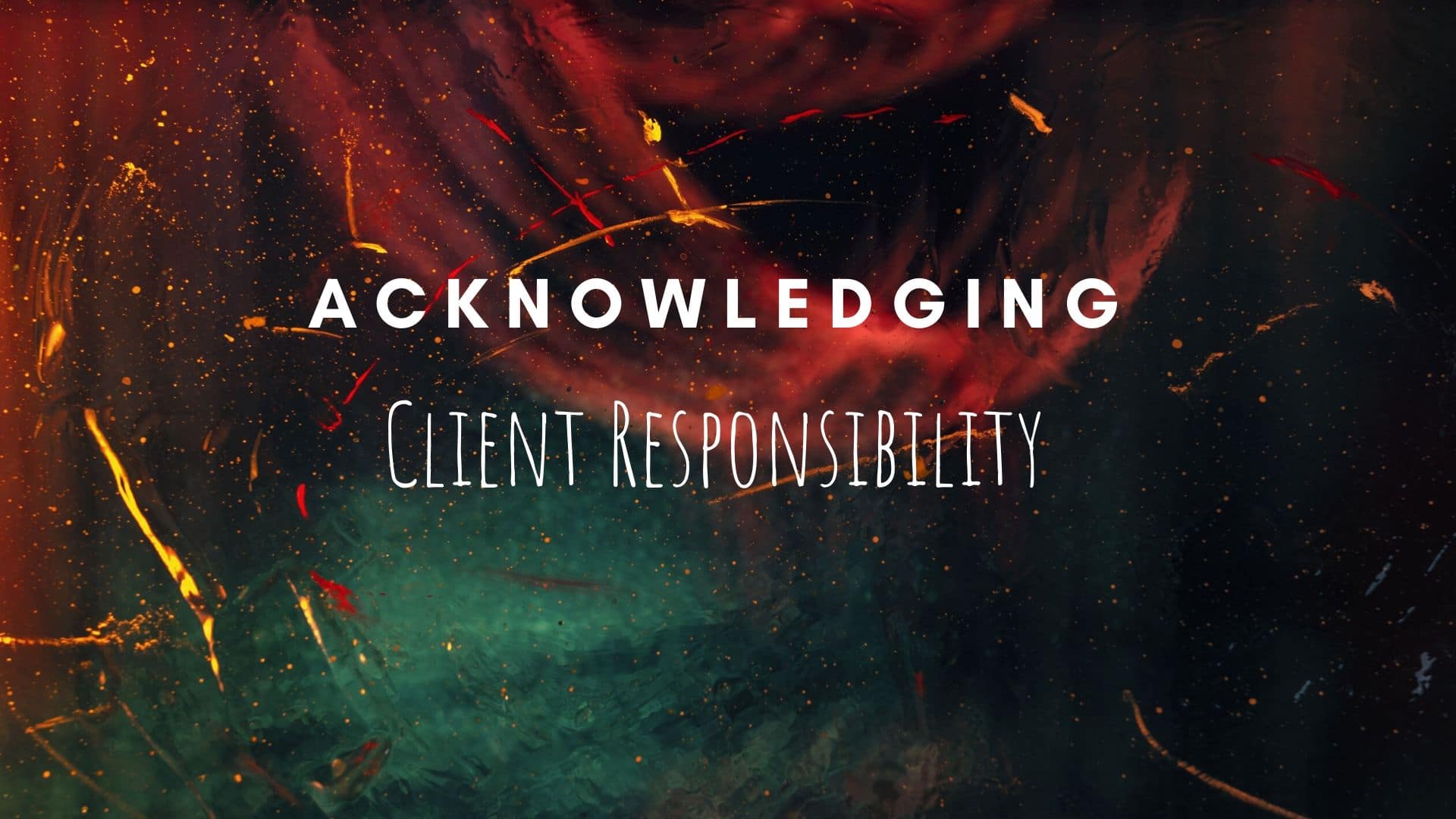In this article, we take a closer look at competency 4: Cultivates trust and safety. ICF defines this competency as “Partners with the client to create a safe, supportive environment that allows the client to share freely. Maintains a relationship of mutual respect and trust.” The last three indicators that the coach is competent in cultivating trust and safety are:
- Shows support, empathy, and concern for the client
- Acknowledges and supports the client’s expression of feelings, perceptions, concerns, beliefs, and suggestions
- Demonstrates openness and transparency as a way to display vulnerability and build trust with the client
Supporting the client begins with a true partnership. Empathy is not sympathy. Empathy connects with how it must be for the client and gives validation and acceptance. Sympathy feels pity for the client and expresses a belief in the client’s brokenness. Concern is not worry. Concern communicates that you care about the client and want the best success for them. Worry expresses that you will somehow fix the client’s problems if given a chance. Support creates an atmosphere that encourages clients to express their true feelings without worrying what the coach will think about them. To alleviate this worry, coaches must learn to control their responses to information shared by the client. Learn to take it in without the judgment reflex taking over. See information shared as data for the client to work with rather than data to be sorted, analyzed, and judged. Cultivate a habitual reaction of curiosity rather than shock, defensiveness, or judgment.
I learned to control the shock, defensiveness, and judgment reactions by becoming acquainted with my internal physical response when these responses are triggered. Each time I felt the trigger, I immediately checked my facial expression to ensure neutrality. I checked to make sure I was breathing normally. I relaxed my facial features, cleared my mind, and just listened. I reminded myself to be curious and to suspend judgment. Doing this repeatedly outside of coaching conversations helped condition my mind and emotions to detect the physical trigger and immediately respond likewise during coaching conversations. Remember, you can’t control triggers. You can control how you react and respond. Please also take note that what I am recommending is not merely an external facade. Cultivate the belief that your client is unbroken. Become fascinated with what others might find shocking. Allow yourself to accept the client for who they are with all the things that are part of that package. Don’t dismiss something as TMI (too much information). Instead, become curious about why the client is sharing this information with you. Consider how it is all part of the bigger picture.
ICF core competencies form the foundation of powerful coaching. Curious about building this strong foundation and embarking on the path to professional coaching? Our ICF ACC Level 1 coach training program gives you the skills and credentials to excel. Learn more about our program today.
It helps to apply systems thinking when fostering coach-client partnership. Seeing beyond the client into the world they inhabit can help you see through a wider lens and recognize how the client-generated the perceptions and beliefs they hold. It can help you gain context for their concerns and suggestions. Understanding is the first step to acceptance. It is also vital that the coach not assume connections in a world they haven’t experienced. Instead, ask questions that allow the client to explore possible connections. It is also crucial that the coach doesn’t presume to understand what it is like to be the client. Be forthright when you don’t have experience in their domain and stress that you listen to understand more. Be open in disclosing that you might say something like, “I can imagine you to be feeling x,” and permit to challenge the assumption and make the correction. Recognize that some attempts to empathize may fail and that you wish the partnership to be strong enough to withstand those mistakes. When you make observations or share intuitions with the client, always ask for the client’s input. Questions following observation or intuition might be, “How does that observation resonate with you?” or “Am I getting that right?” or “What do you think?”
Coach vulnerability goes beyond transparency and willingness to be wrong. It is also yielding direction to the client. What I tell students in my coach training program is, when you find yourself thinking, “I don’t know what to ask” or “I don’t know where to go from here” or “I’m stuck,” that is always an indicator that the right next move is to ask the client. Be vulnerable enough to ask, “What would be the most helpful direction for us to go now?” or “Where shall we go from here?” or “What else would you like to say?” This passing of the power shows the coach’s willingness to be okay with not knowing what to do, and it offers a full partnership with the client. It may help to understand that you and the client are a system. When you are not sure where to go, this is an expression of the system. It tells you that you are trying to lead and are unsure where to go because the next move belongs to the client. Always listen to what the system is telling you.





















